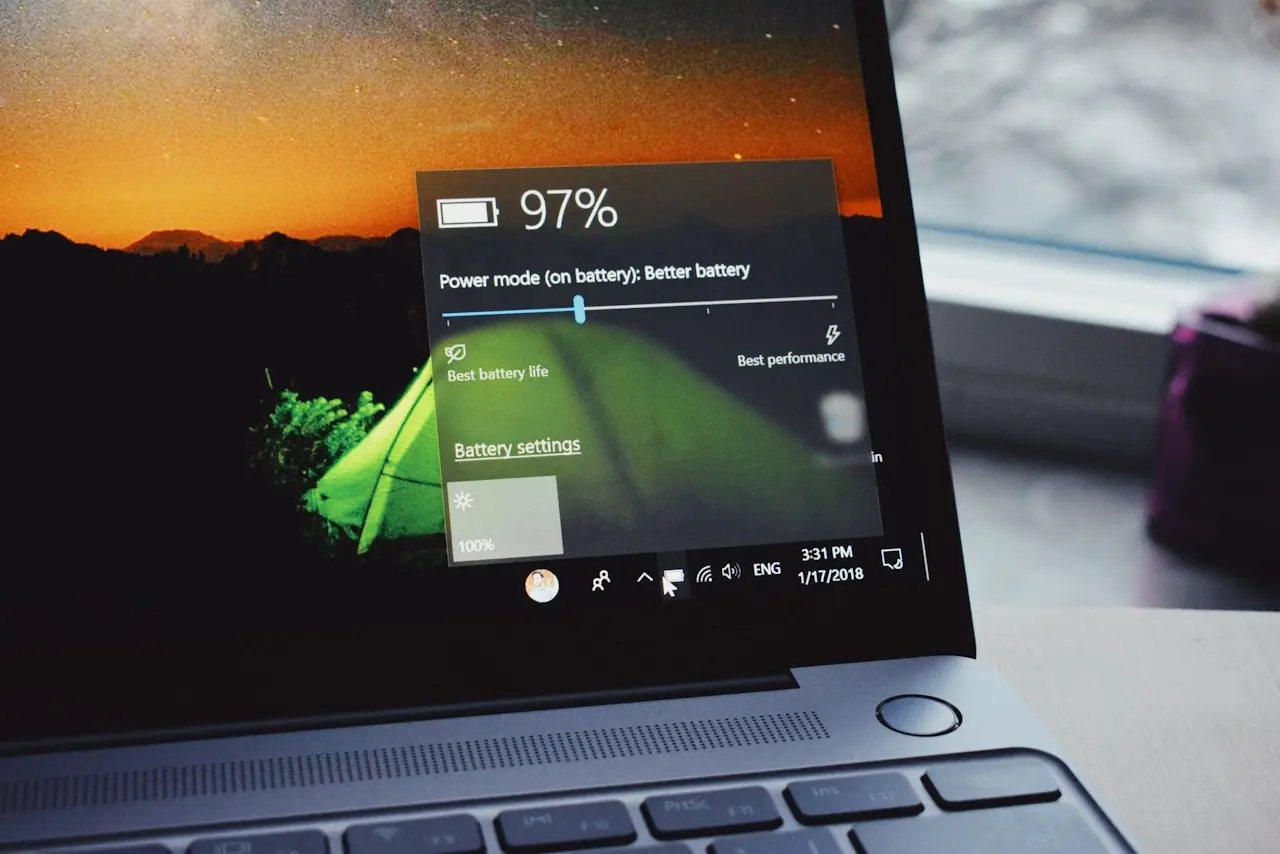The next 10 years: 8 tech trends you’ll need to be ready for
The pace of change in tech has always been blistering. But according to many experts, we’re going to experience more technological progress in the...
Our client portal provides all the tools you need to create, view or update your support requests.
For urgent IT support during business hours, or if you suspect anything suspicious call 01314528444 for the fastest response.
If one of our team has asked you to start a remote control session on your computer, use the remote control menu option above.
4 min read
itfoundations
Originally posted on October 09, 2023
Last updated on May 27, 2024
Printers can be incredibly useful, but they also cause more IT hurt than any other piece of technology.
Often this stems from devices not being fit for purpose so we thought we’d write a handy buyer’s guide to help you acquire the best printer for your business.
What do I need to know?
Price
The old adage “You get what you pay for” is incredibly apt when it comes to printers. Cheap printers from high street shops may seem like tantalising and easy options but there is usually a good reason for the price. They are unlikely to last more than about a year before needing to be replaced. Printers in this bracket are aimed at home users who print a handful of pages a month. When businesses start using them daily, they wear out much faster and they take a lot more troubleshooting which costs your business time. So “Buy cheap, buy twice” is pretty much spot on – possibly even a little light.
If you are looking to buy a business-grade printer, we would recommend spending more than a few hundred pounds even for very basic black and white laser printer. If you are likely to be relying on it heavily then you should really be looking at something in the four figures.
Connectivity
Wi-Fi printing is marketed as the best thing since sliced bread, particularly in home printing, but in reality, it can cause a lot of problems.
If you have a Wi-Fi printer at home, how many times do you lose connection, have to restart it, re-pair it, find out why it says it’s not on your network or not on the internet. These troubles afflict Wi-Fi printers in the office environment in just the same way.
Wi-Fi printing should be viewed as a nice to have, but any printer that you acquire for multiple people to share should have an ethernet connection on it to allow it to be hardwired to your network making sure that it is always accessible and easy to troubleshoot.
If a printer is only for a single user and isn’t going to be shared with anyone else, then USB is just fine.
Laser vs Inkjet
Really this one comes down to preference. There are pros and cons for both.
Inkjets are cheap to run, and if they are used regularly, they tend to be fairly reliable because the ink doesn’t get a chance to dry out. if left for a length of time however, the ink dries out and needs to be replaced – it can even block up the jets on the printer meaning you need a whole new device. Ink is primarily made from dyes and water. Usually, inkjet printers are cheaper to buy but cost more over their lifetime because the page yield from an ink cartridge is much lower than that from toner.
Laser printers can sit idle for months and spring into life to print quite happily. Toner does have a worse environmental impact though because it’s made primarily from polyester. Typically, laser printers are more expensive up front but have lower running costs over their lifetime.
Warranty
This one is important. We always recommend taking an extended warranty from whoever you buy your printer from.
IT teams can only go so far with support for printers (basically anything relating to the software or your computer) but when it comes to the printer hardware itself, that’s where the warranty comes in.
If you are investing in a good printer (and we assume that you are if you’re reading this guide) then the warranty will make sure that if that printer breaks, you will get a fast response from the manufacturer to get you back up and running ASAP.
Brands
Really there isn’t much to say here. We aren’t aligned with any particular printer brand, and we haven’t got a favourite.
There are brands that we’ve found to be more reliable than others; Xerox and Canon have been reliable and simple to set up in our experience. HP have rolled out a requirement for buyers to register online as part of printer setup which makes it very challenging for an IT Team to help with setting up those devices.
Why does it matter?
You might wonder why we care so much. Well, the truth is we want to save our customers time and money. when your IT equipment isn’t working it means that you aren’t working, and if you aren’t working then you aren’t making money. And that is bad for business.
We analyse our support tickets on a regular basis, and we know how much time is spent by our team fixing printing issues that more often than not stem from the use of an inappropriate printer for business.
If we can save you downtime, then we can also free up our technicians to help work on other issues for our customers. So you see… this blog isn’t entirely altruistic!
You know what? That answer is so subjective that we really can’t answer it for you. The answer (as it is to all good questions) is… it depends.
If you are needing a printer for a single person to use then buying a simple USB printer will probably do you just fine.
If a handful of you use a printer you probably want to be looking at something that is approaching the 4-figure mark that is reliable, network connected and comes with a warranty.
But…. for most businesses we’re actually going to tell you not to buy anything. If you are looking for a printer, we recommend looking for a good print management company in your local area and renting one instead. Renting printers means that you don’t need to worry about consumables, about warranties, about support. If something goes wrong, you have someone to call who’ll be there and help you. Many firms will rent all sorts of devices from desktop printers right through to all singing, all dancing multifunction copiers.
Do your research. Ask them if they manage software and driver updates (a crucial security point), ask them what their response time is, ask them about what extra costs might be involved. If you are satisfied with all their answers, then that would be the route we’d recommend taking.
Owning IT equipment can be a liability, rather than an asset. Sometimes renting is actually the better solution.
If you want more impartial advice, we provide consultancy in a wide range of areas. Get in touch today.

The pace of change in tech has always been blistering. But according to many experts, we’re going to experience more technological progress in the...

1 min read
If your laptop battery life seems poor and is draining quickly then we have some helpful tips to let you work for longer between charges. One of the...

I feel the need ... the need for speed! USB is getting a speed boost and we’re very happy with this. More speed for literally no effort on our behalf.